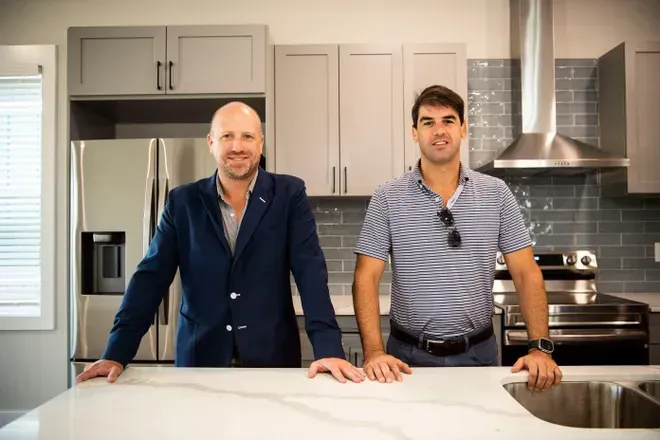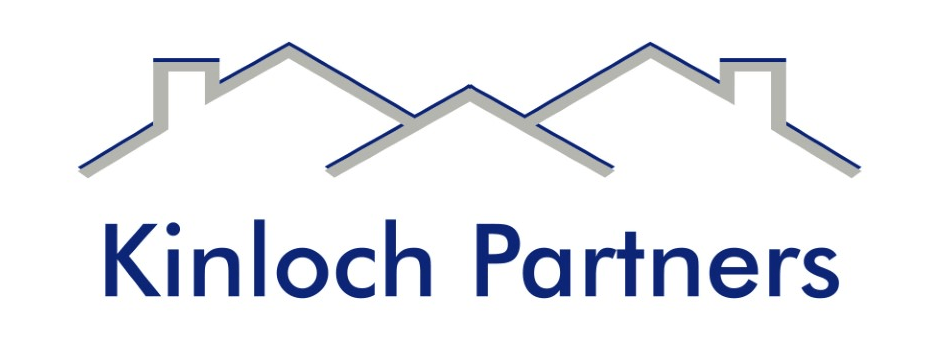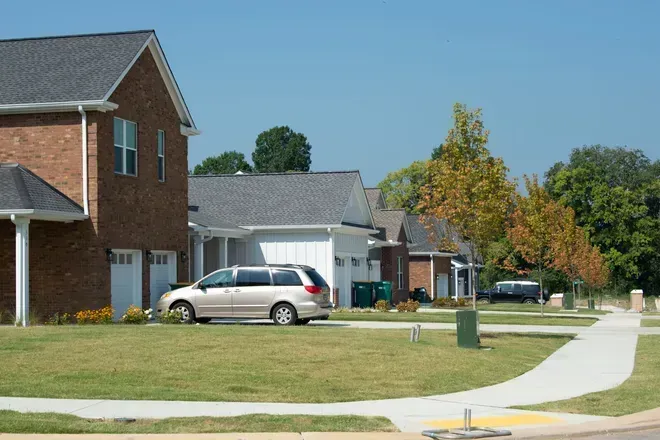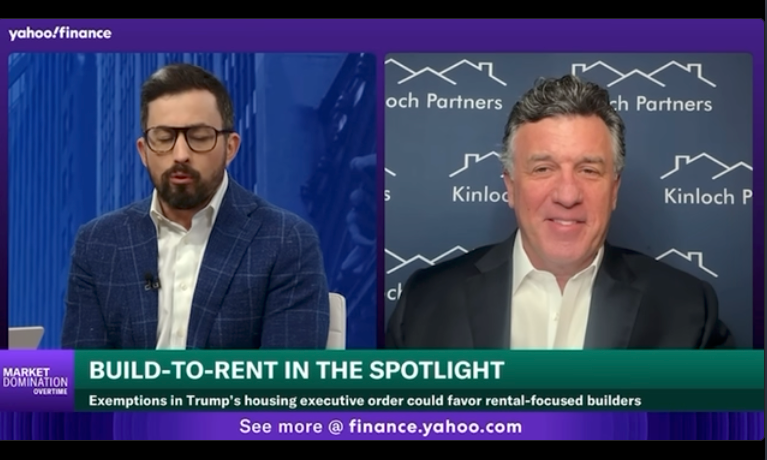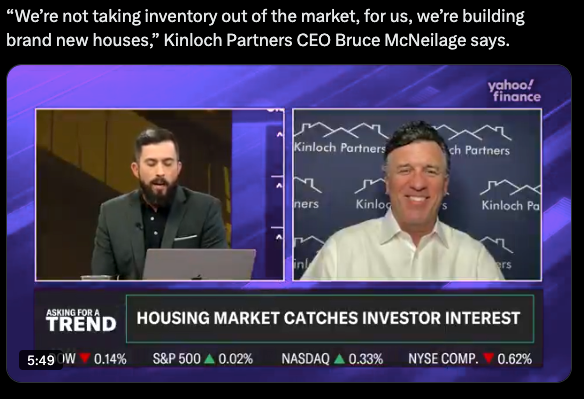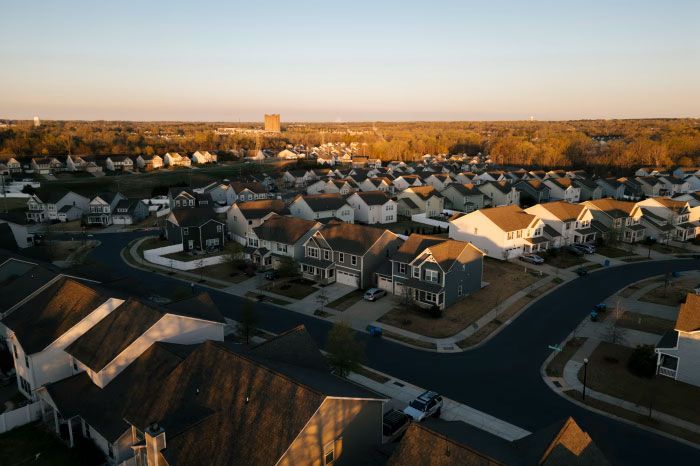Rent or buy in Nashville? This couple's real estate solution is catching on
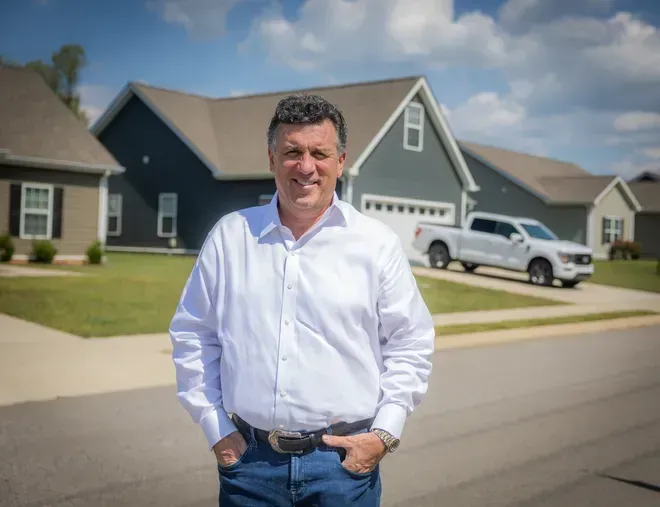
Original Story can be found here:
https://www.tennessean.com/story/money/real-estate/2023/11/08/renters-seek-new-options-in-nashvilles-tight-housing-market/70652968007/
Charlene and Timothy Stratton traded in their 4-acre Illinois ranch for a rental home in the Nashville suburb of Spring Hill and, so far, they love the new low-maintenance lifestyle.
Like a growing contingent of Americans, they chose to rent a single-family house rather than buy a home or rent in multifamily apartment buildings.
"We lived in the country all of our lives with horses and cows," said Timothy Stratton, a retired airline mechanic. "But we wanted to rent because we’re looking at our age. We did a lot of research and decided this will work out for the time being."
Families like the Strattons increasingly want the mobility and limited commitment of a rental, with the privacy and space of a single-family home. Meanwhile, many families are also being pushed out of the tight housing market.
Housing affordability plummeted to historic lows this year, with only 23% of U.S. listings in April considered affordable to households earning $75,000 or less, according to the National Association of Realtors.
In response, real estate investors are betting heavily on new rental properties and, increasingly, on standalone units — especially in the South.
More than 61,000 fully and semi-detached single-family rental units are under construction in Southern states as of September. In comparison, 28,000 units are in production in the Western U.S., the next-busiest region, according to RealPage Market Analytics. Those units include single-family homes, townhomes, rowhomes, quadruplexes and duplexes.
Single-family rental communities are increasingly concentrated in subdivisions with on-site maintenance, rather than in homes nestled in for-sale housing neighborhoods.
The Nashville market has the ninth-highest number of in-construction, build-to-rent homes with 2,745 units in the pipeline. Phoenix tops the list with 21,676 units underway, a RealPage analysis in August found.
"Construction isn't going fast enough in Nashville. If they built four or five new build-to-rent communities, they would fill them up immediately," said Doug Ressler, the business intelligence director of Yardi Matrix, a real estate data firm.
"We really expect Nashville to continue to see growth here."
Rent vs. own: 'More house for your money'
Charlene Stratton filled the three-bedroom house with festive seasonal crafts and artwork she creates in her home studio.
Renting isn't perfect, but there are real perks — like, when the air conditioner stalled on a Saturday afternoon in the middle of summer, the landlord offered to put them in a hotel until maintenance could fix it that Monday.
"When something goes wrong, we just call them," Charlene Stratton said. "It's great."
The Strattons live at DerryBerry Estates, one of the first of its kind, built in 2019 by Kinloch Parners. The 34-home community sits on former pastures with views of Spring Hill's rolling green landscape and rose bushes in the front yard.
Local development companies like Kinloch Partners of Nashville and Franklin-based Chartwell Residential and Barlow Builders have made stakes in the industry.
"In 2008, I had no competition. Now there are six or seven players in the market," said Kinloch Partners Co-founder Bruce McNeilage, who sold much of his inventory to American Homes 4 Rent and expanded to South Carolina.
"We're 99% leased out."
McNeilage said he prioritizes creating a calm, supportive community with competitive prices. Rents at DerryBerry Estates ranged from $2,300 to $2,600 for homes with three to five bedrooms in September.
"People are starting families later in life and COVID-19 has allowed people to work out of their houses so people are moving farther out," McNeilage added. "Housing prices are going up and interest prices just doubled. You can get more house for your money if you get farther out."
Housing in Nashville area: 'Can't build them fast enough'
Chartwell Residential, a local real estate firm specializing in multifamily apartments, is now building out its first single-family rental home community.
The 124-home Chartwell Commons at Beechcroft in Spring Hill is filling up as fast as they can build the units. Homes have ample yards and unique finishes like partial-brick facades and attached garages.
"We really can't build them fast enough," said Peter Ripley, a Chartwell development partner. "Every home has a fenced-in backyard for dogs. There is a community pool with a grill and playground. The homes are turnkey, maintenance 24-7."
Rents at Chartwell Commons were $2,345 to $3,295 for three- and four-bedroom homes in September.
The company has plans for more single-family home rentals at its 526-unit Gallatin housing complex, Chartwell Commons at Green Lea.
"We want to be the market leader for quality and the best bang for your buck," said Ben Schaedle, a managing partner at Chartwell Residential. "We're filling a clear need in the marketplace. There is a much more mobile workforce, people are more transient than ever."
